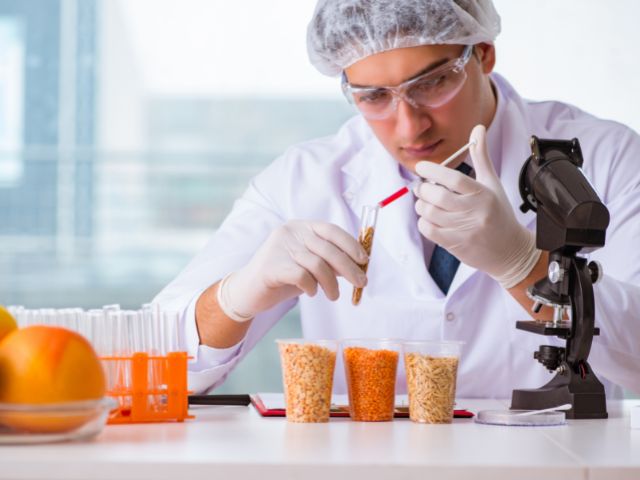
 health
health 
There’s a much better awareness of diet restrictions today than there used to be. Millions of Americans have diabetes, dairy intolerance, food allergies, and chronic heartburn (GERD) that prevents them from enjoying certain popular foods. There are also a ton of people who live on a restricted diet for moral, financial, or non-life-threatening health reasons.
Whatever the cause, there’s a great need for innovative food products that help people get their daily nutrients. Learn more about how food science helps people with diet restrictions.
Food science makes it possible for people with allergies and intolerances to avoid spending huge amounts of time on food preparation. For example, what if you had celiac disease and couldn’t eat most bread products? Many workers in the US get a short break for lunch, and a sandwich is a convenient meal that takes little time to prepare and eat. However, people who can’t eat regular bread are unable to make something as common as a sandwich unless they have gluten-free bread. Luckily, food science makes foods like gluten-free bread possible so that everyone can make quick, healthy meals.
Food science also helps people with diet restrictions by inventing new products that mimic popular choices. Below are some examples of new food products that can replace traditional ones for people with dietary restrictions:
These new foods make it possible for vegans, vegetarians, dairy-intolerant people, and others to cook and enjoy popular meals. They keep options open, preventing people from feeling trapped by their health needs.
Science-driven food products aren’t just for people with specific allergies, intolerances, and avoidances. They can also benefit the rest of the population. Just consider the benefits of having low-salt, low-fat, and low-sugar food options available for people who are trying to lose weight, watch their blood pressure, or limit added sugars. Food science makes all of these foods possible by finding ways to remove excess ingredients while maintaining a food’s expected taste and texture.
Processed foods sometimes have a bad reputation, but that’s because many people aren’t considering how chemistry has helped modern society. Millions of people rely on processed foods that have had harmful ingredients removed, not added. Food science is often a force for good, helping many people achieve their health and diet goals.
24World Media does not take any responsibility of the information you see on this page. The content this page contains is from independent third-party content provider. If you have any concerns regarding the content, please free to write us here: contact@24worldmedia.com